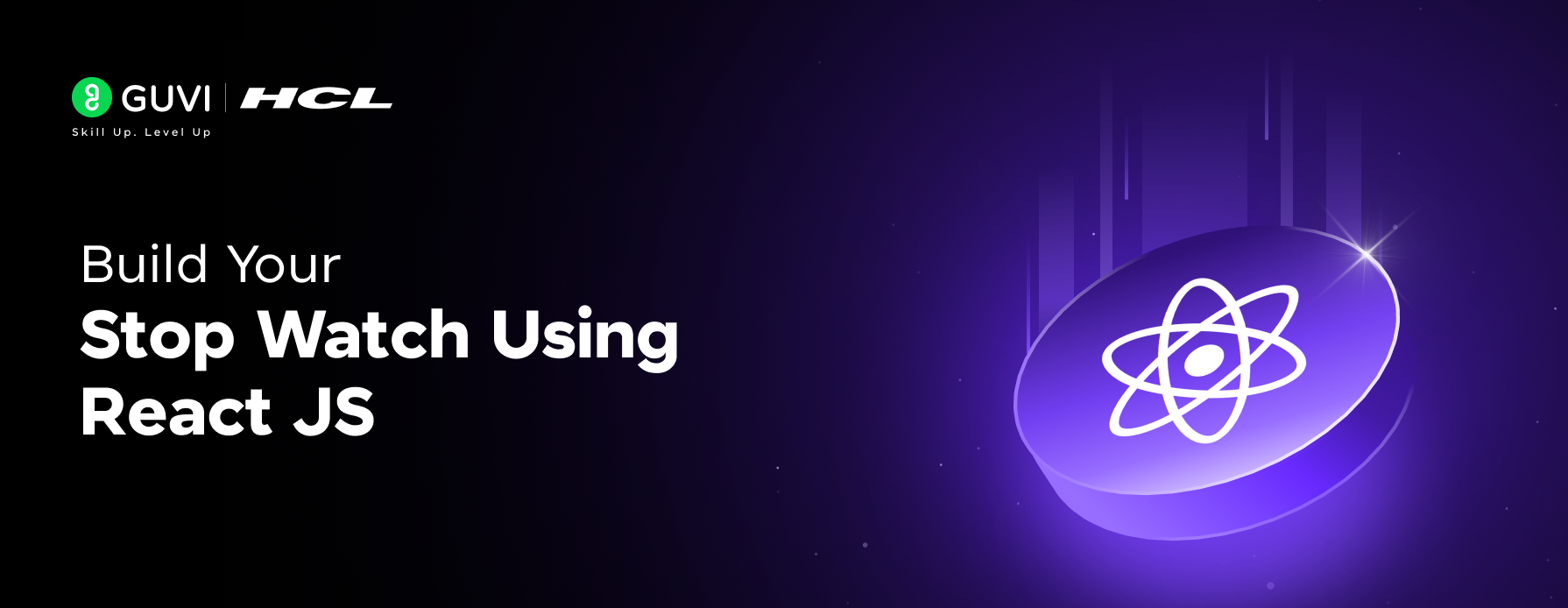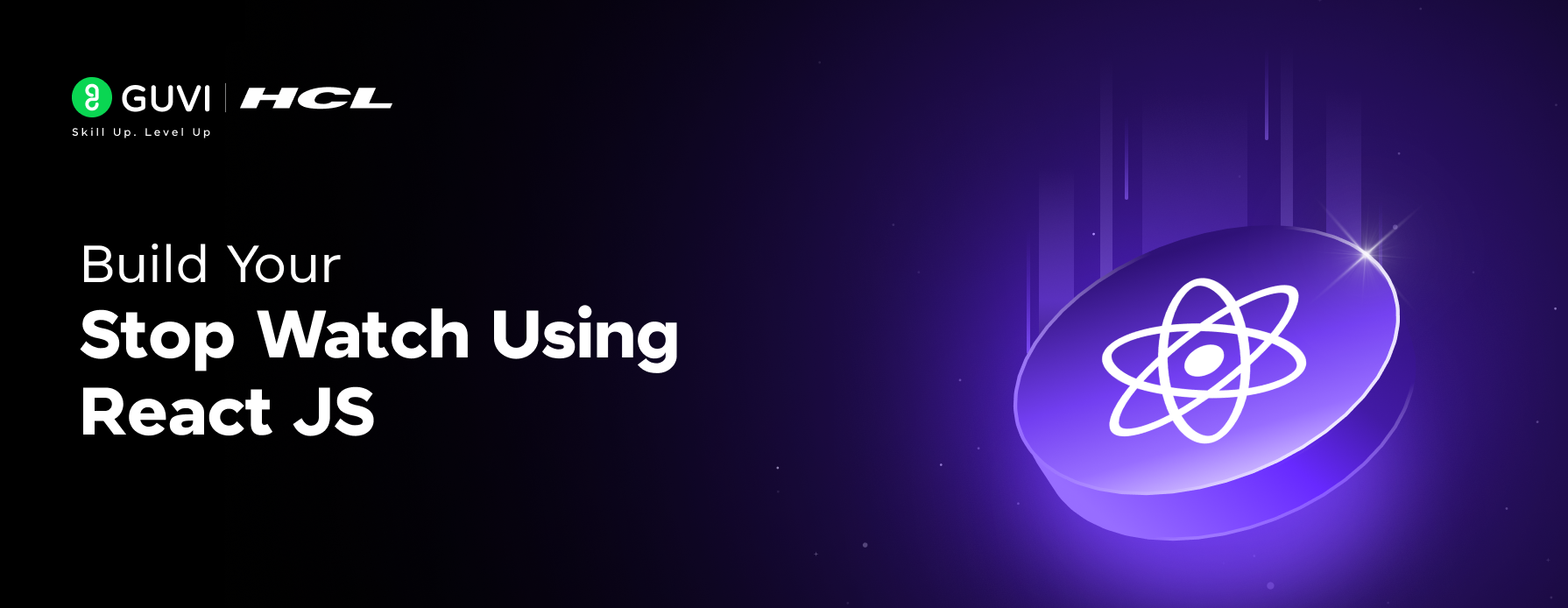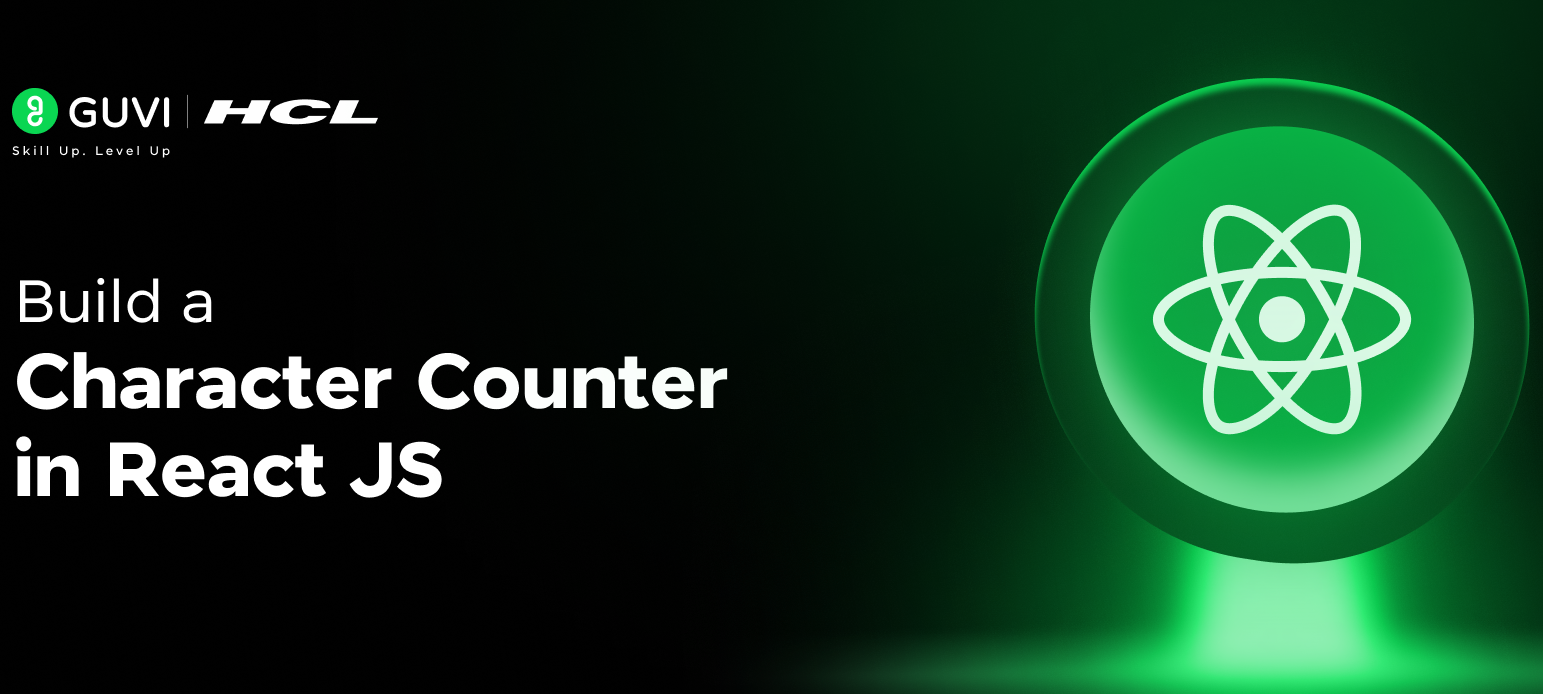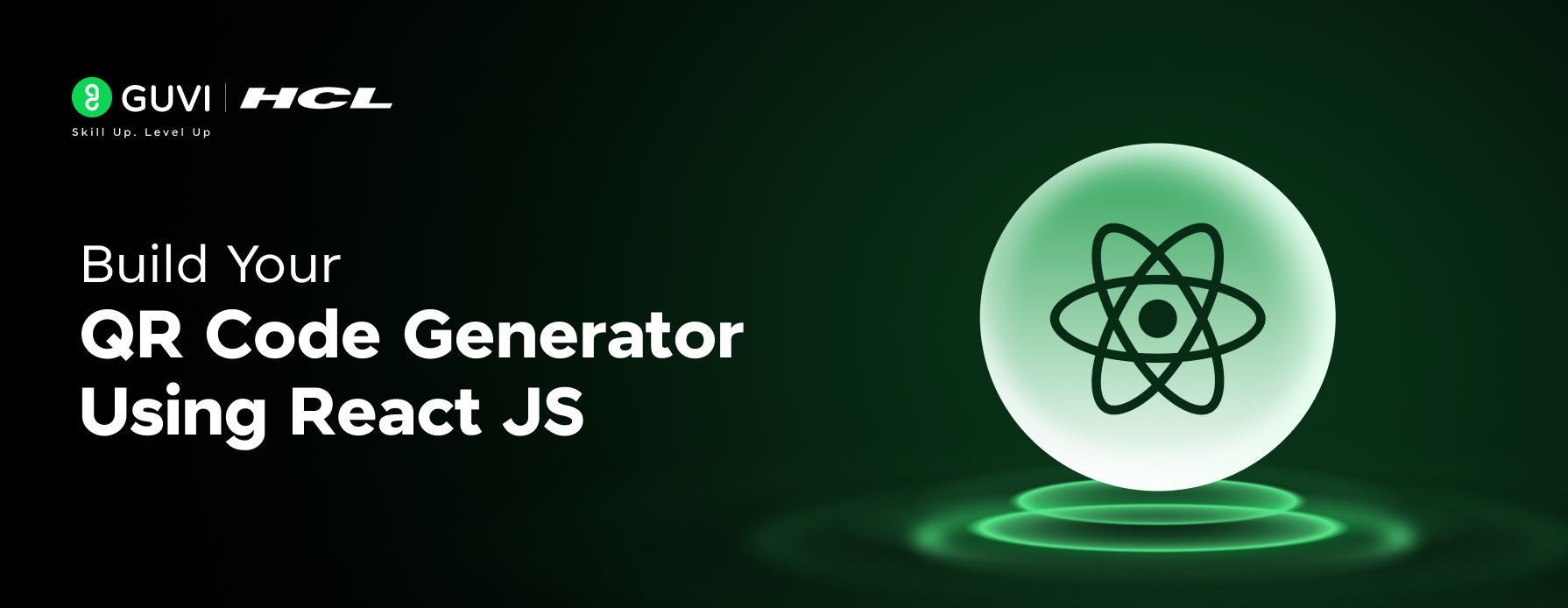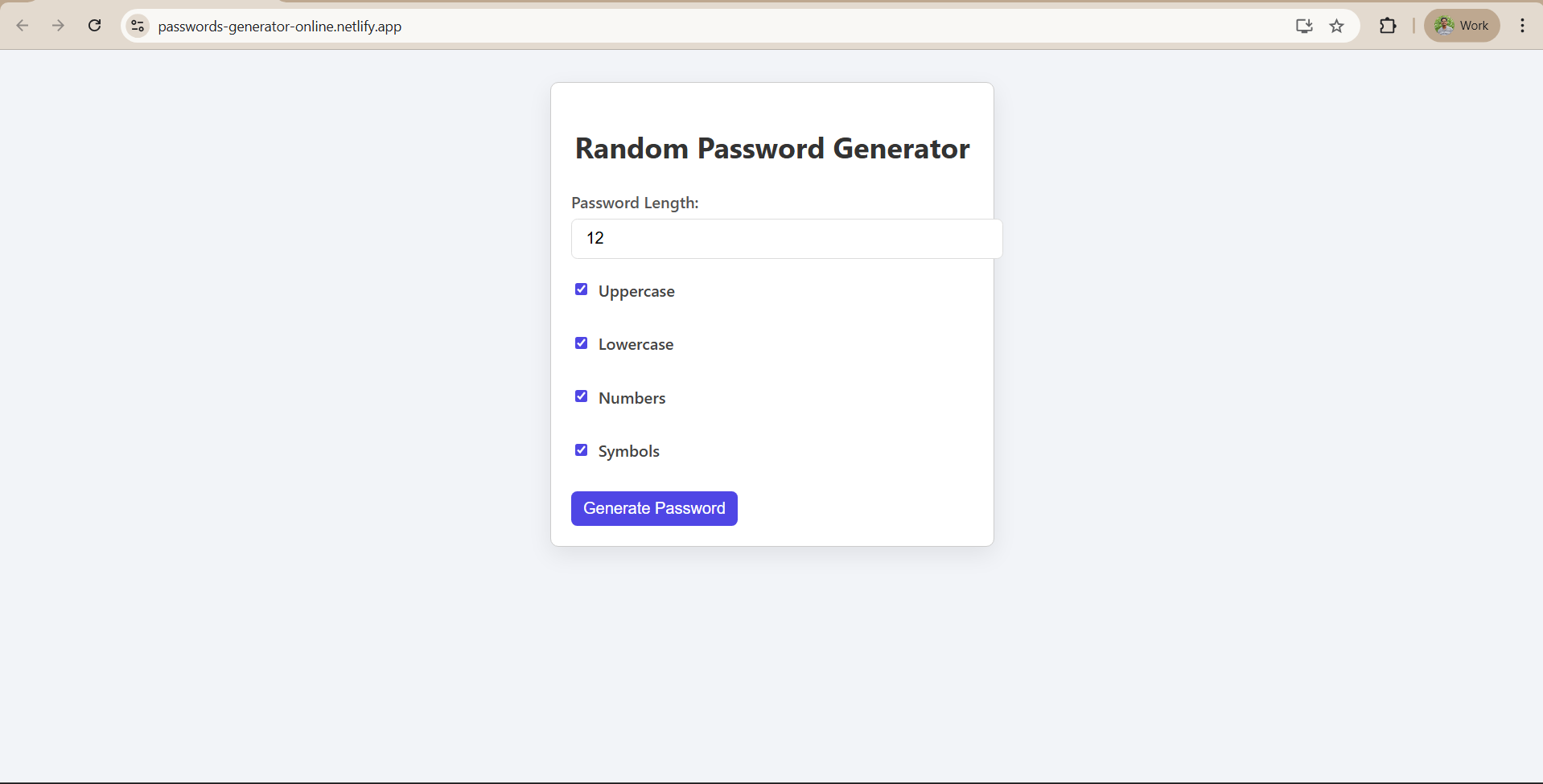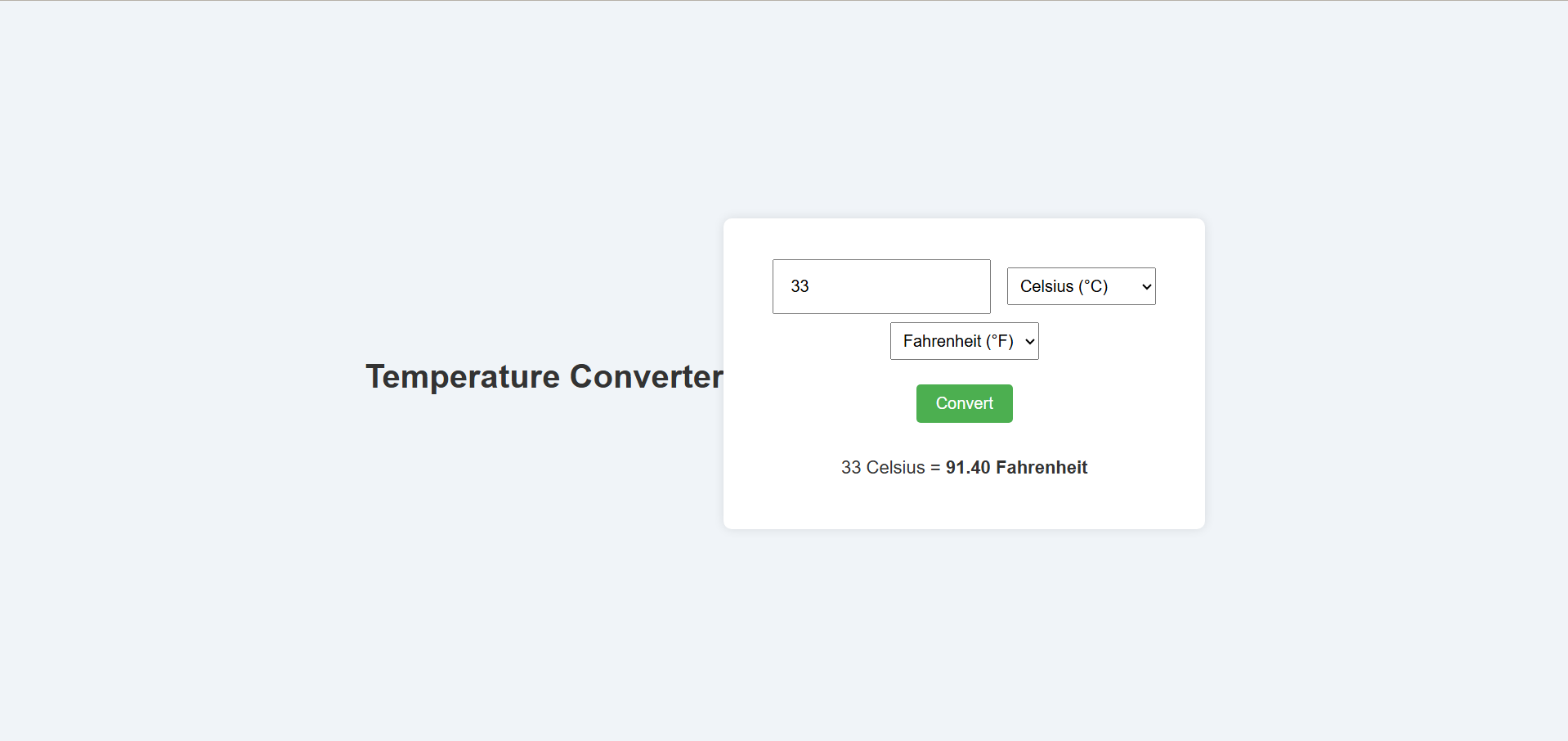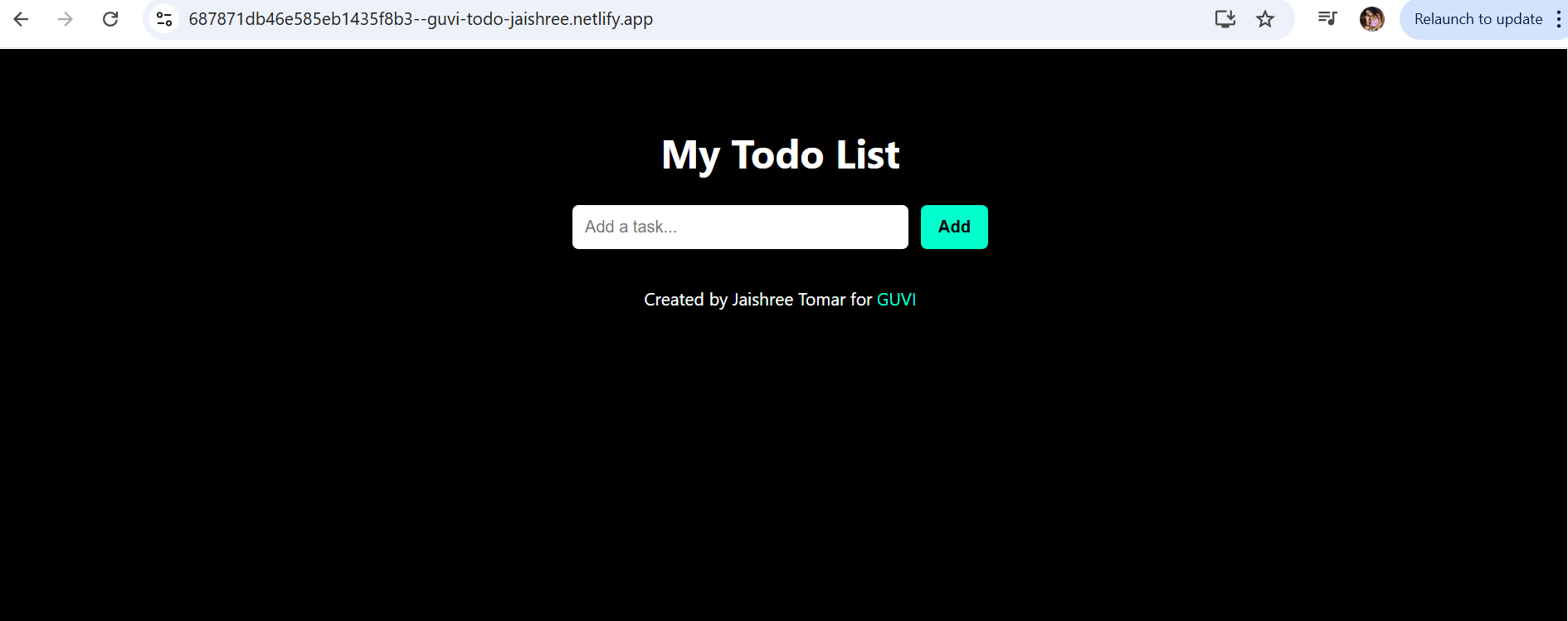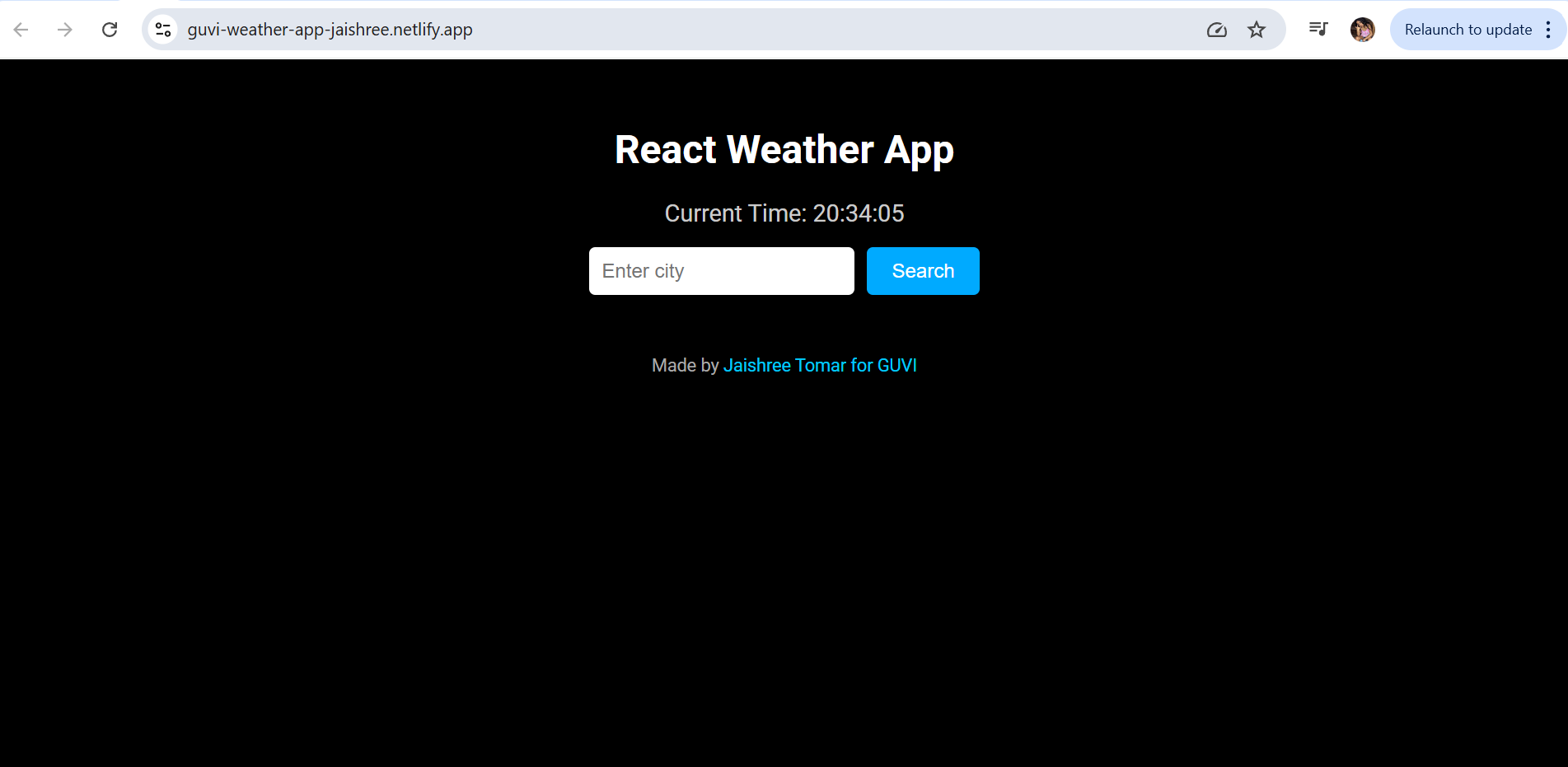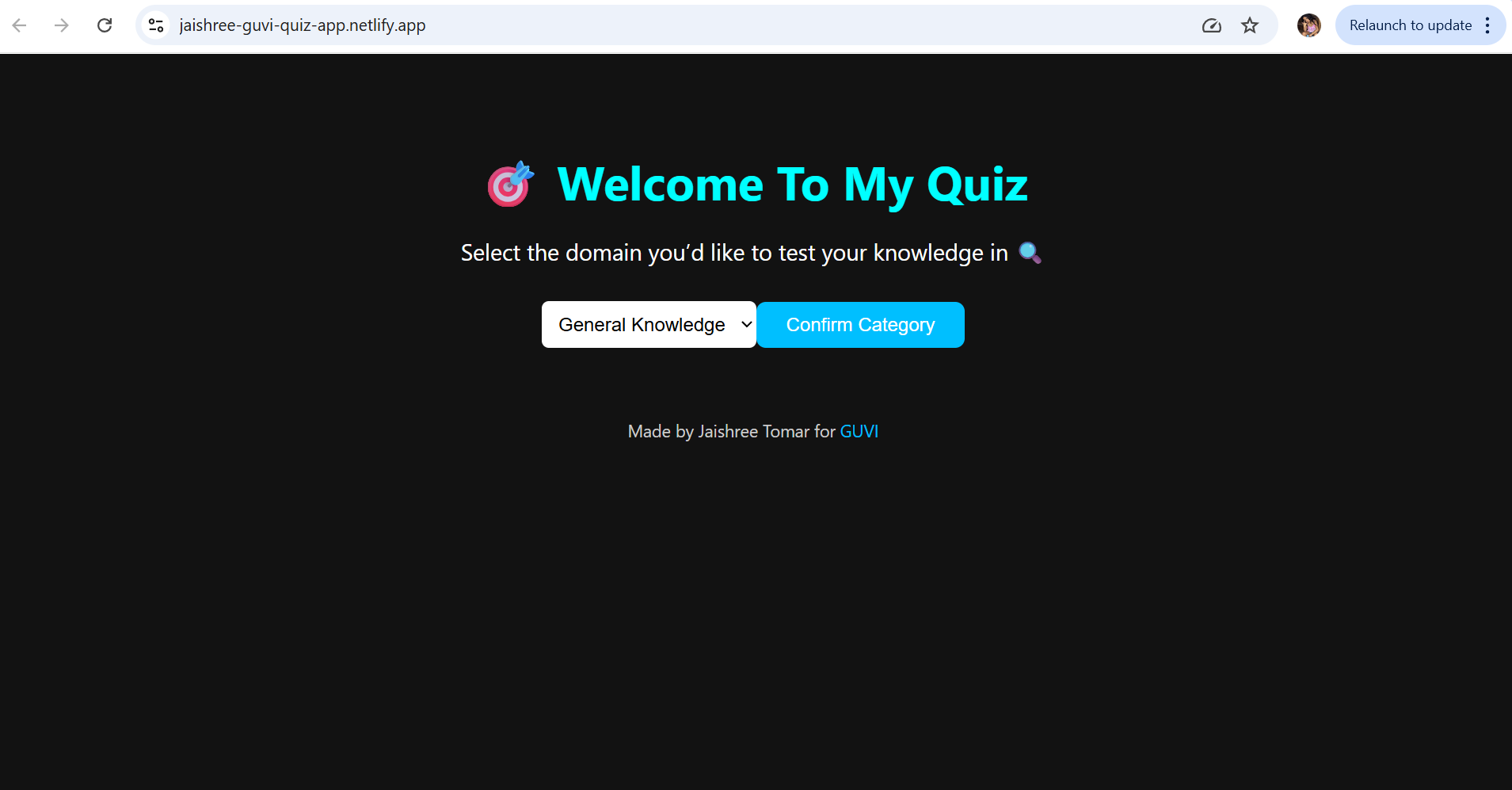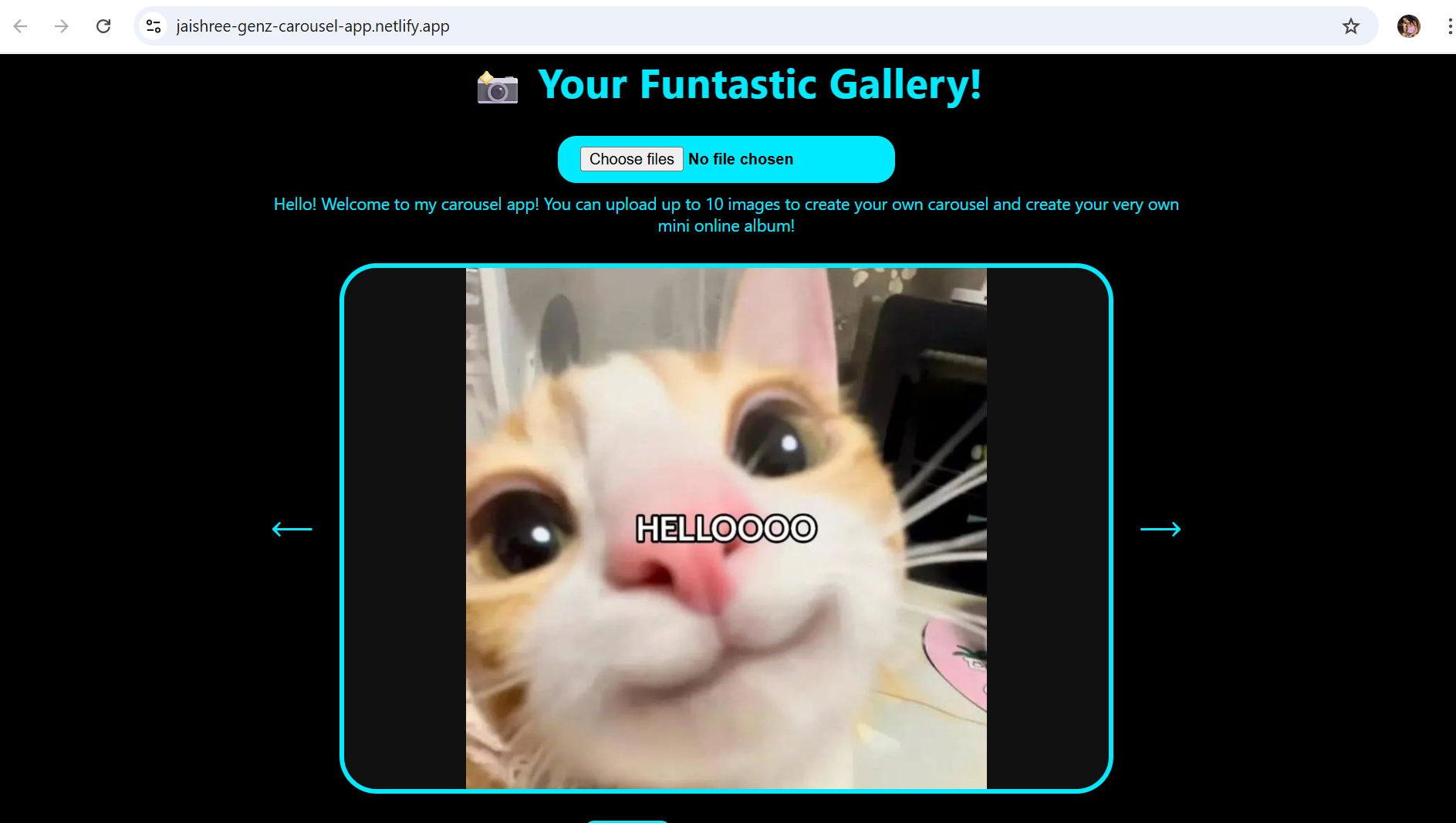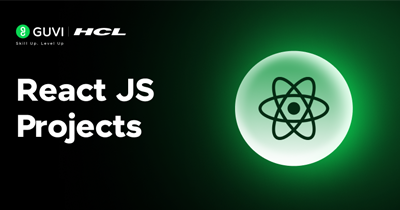Best Practices for Commenting in Cpp
Best Practices for Commenting
Good commenting practices are essential for writing clean, maintainable code. Comments can help you and all the other developers understand your code and prevent errors and confusion. Here are some guidelines for writing effective comments in C++:
1. Be clear and concise
Your comments should be easy to read and understand. Use very simple language and avoid jargon or technical terms that may only be familiar to some developers.
2. Use meaningful names
Give variables, functions, and classes descriptive names that reflect their purpose. This will make your code much simpler to read and understand and reduce the need for comments.
3. Comment where necessary
Only add comments where they're necessary to explain what your code is doing or why it's doing it. Avoid commenting on every line of code, as this can make your code much harder to read.
4. Use consistent formatting
Use consistent formatting for your comments, such as starting with a capital letter and ending with a period. This will make your comments much easier to read and follow.
5. Update comments when code changes
If you change your code, update any relevant comments. This will help ensure that your comments remain accurate and useful.
Here are some mistakes to avoid when commenting in C++:
Over-commenting : Commenting on every line of code can make your code much harder for reading and understanding. Only add comments where they're necessary.
Outdated comments : Comments must be more accurate than no comments. Be sure to update your comments when the code changes.
Inconsistent formatting : Inconsistent formatting can make your comments harder to read and follow. Use consistent formatting for your comments.
Lack of context : Comments that need more context or provide more information can be confusing. Ensure your comments provide enough information to understand what's happening in the code.
By following these guidelines and avoiding the common mistakes, you can write effective comments that make your code much easier to read and understand for yourself and other developers.
Conclusion
We covered the different types of comments in C++, including single-line, multi-line, and documentation comments. We also discussed the importance of good commenting practices, including being clear and concise, using meaningful names, commenting where necessary, using consistent formatting, and updating comments when code changes. Finally, we highlighted some common mistakes to avoid when commenting in C++.
Comments are essential in programming to make code more understandable and maintainable. By practicing good commenting habits, you can improve the readability of your code and make it easier for other developers to understand and work with. So, let's encourage everyone to practice good commenting habits in coding!






